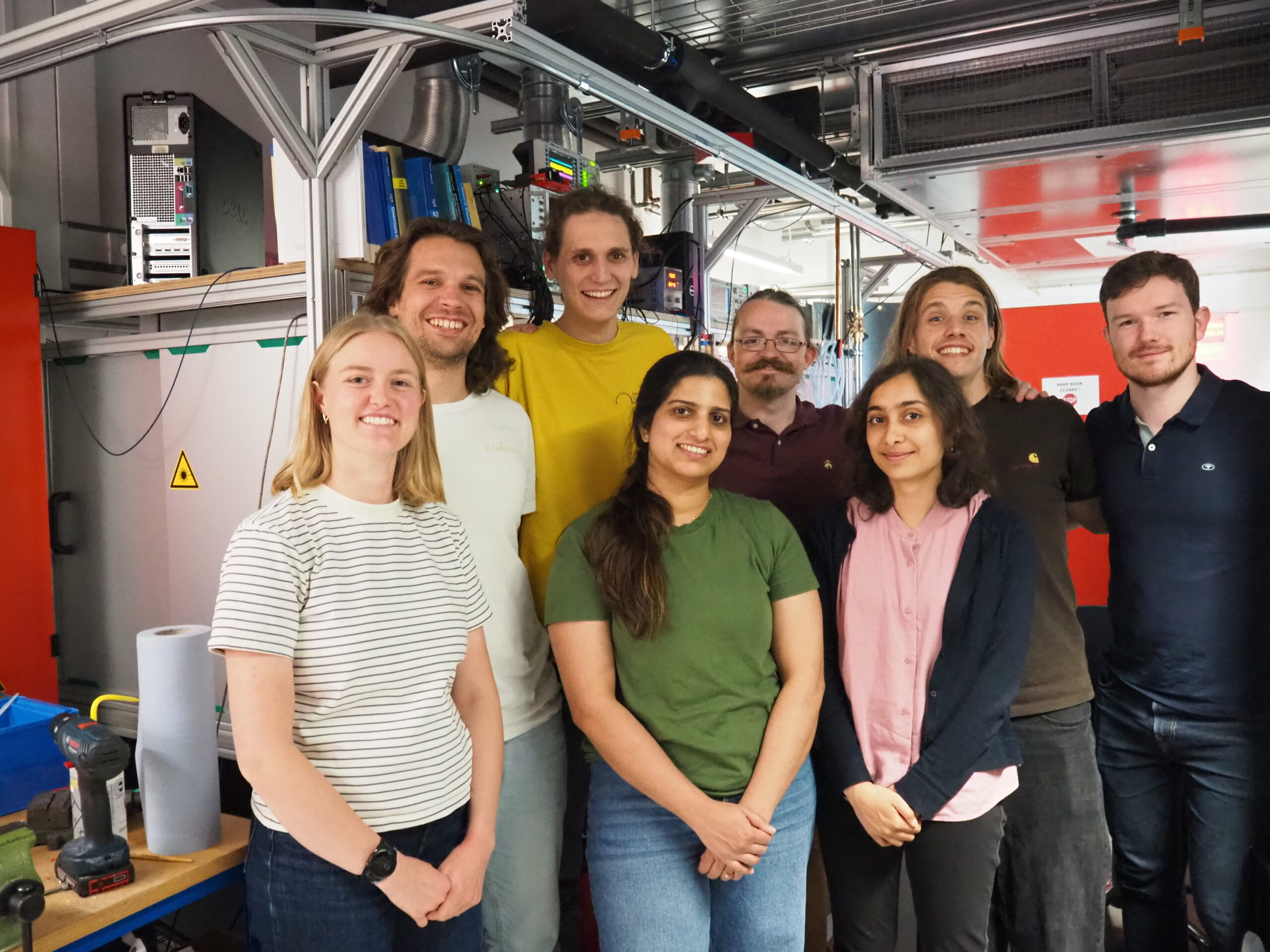Connecting
Germany
andJapan
Please click the icons on the map to view more details.
.png)
University of Hamburg
Established in 1613, the University of Hamburg is a prestigious public institution located in the northern German city of Hamburg. It was formally recognized as a university in 1919 and, in 2021, was selected as one of Germany’s distinguished Universities of Excellence under the Excellence Initiative led by the German Research Foundation. The university’s outstanding research capabilities are evidenced by its notable achievements, including the distinction of having produced seven Nobel Prize laureates and one Wolf Prize recipient.
-
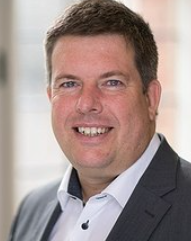
Dieter Jaksch
- Position
- Professor, Institute for Quantum Physics, University of Hamburg
- Fields of Expertise
- Many-body theory, Open quantum systems, Quantum simulation and computation, Quantum algorithms, Rydberg atoms (Theoretical physicist)
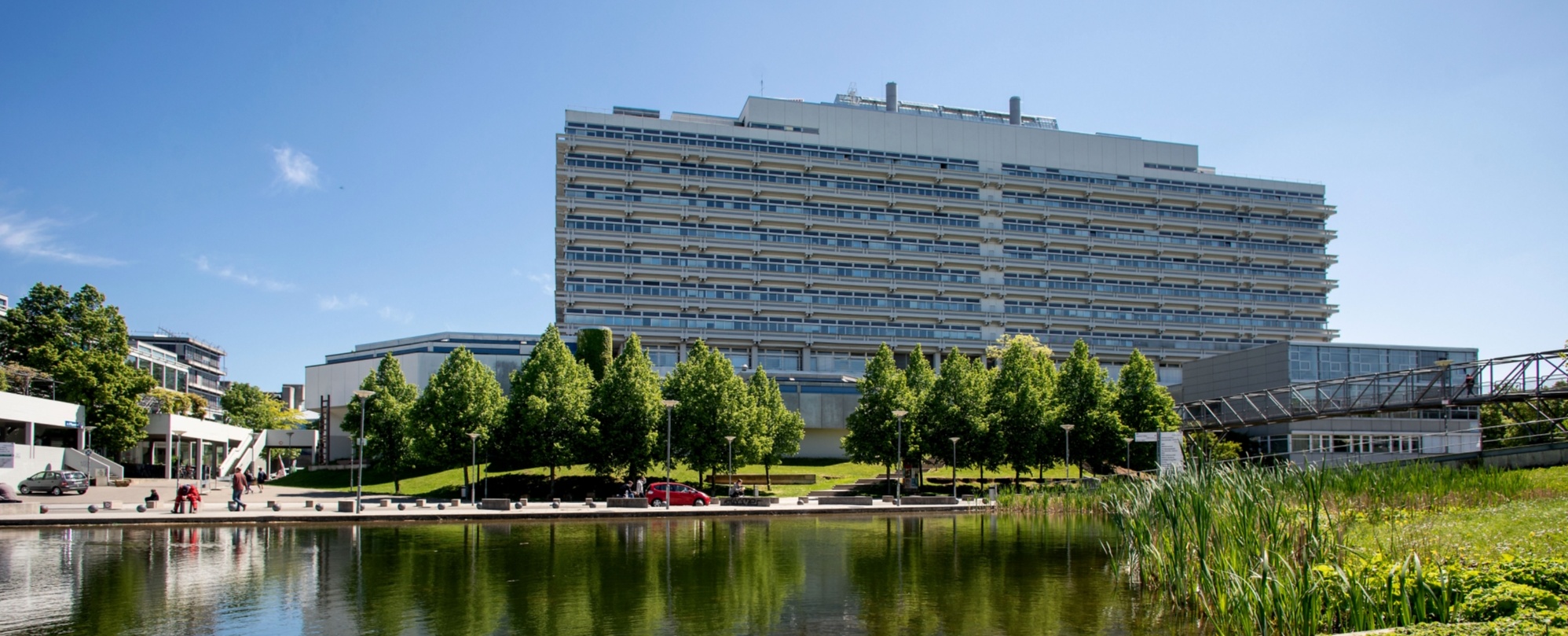
University of Stuttgart
The University of Stuttgart is a leading, research-driven institution in Germany, known for its interdisciplinary approach that combines engineering, natural sciences, humanities, economics, and social sciences. Located in one of Europe’s most dynamic industrial regions, the university fosters strong connections between science, industry, and society, creating a vibrant environment for innovation and collaboration. Recognized for its excellence in research, the University has consistently demonstrated global competitiveness and success in major research initiatives. With its focus on research-guided teaching and interdisciplinary learning, it attracts students from around the world. As an employer, the university is committed to supporting diversity, equal opportunity, and a healthy work-life balance, making it not only an outstanding place to study and work, but also to live.
THE QUANTUM LÄND at the University of Stuttgart is a pioneering research initiative focused on developing scalable quantum technologies, especially using neutral atom platforms like Rydberg atoms. Combining cutting-edge physics, engineering, and computer science, the project brings together academic and industrial partners to advance quantum computing, simulation, and sensing. Supported by strong interdisciplinary collaboration and state-of-the-art infrastructure, THE QUANTUM LÄND positions Stuttgart as a key hub in Europe’s quantum research landscape.
-
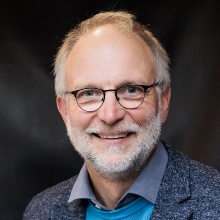
Tilman Pfau
- Position
- Professor, University of Stuttgart, Director of the 5th Institute of Physics
- Fields of Expertise
- Experimental Physics – ultracold quantum gases, Rydberg atoms, quantum optics, and quantum simulation (Experimental physicist)
-
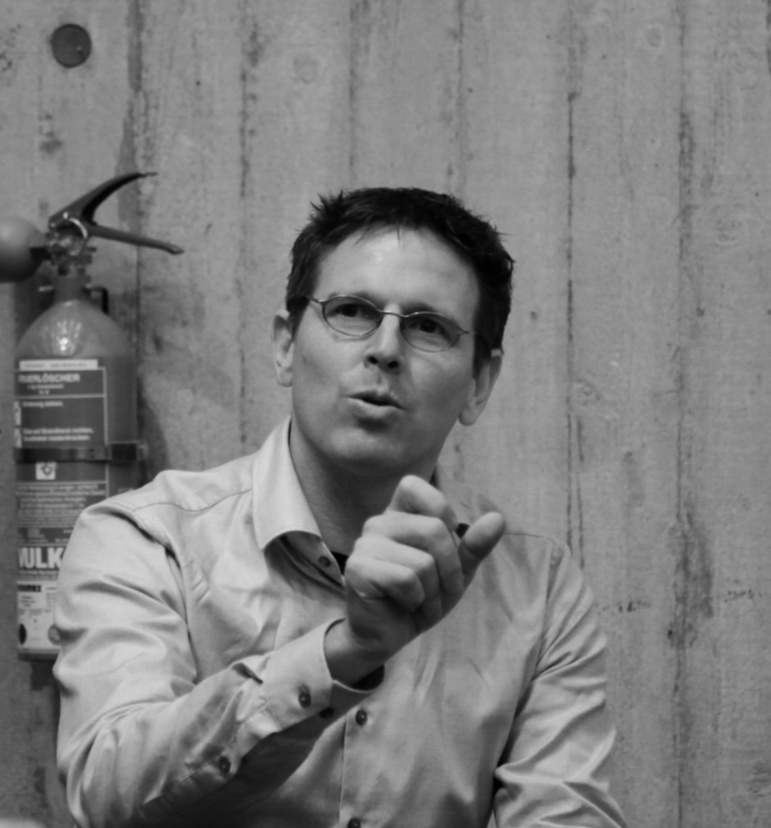
Hans Peter Büchler
- Position
- Professor, Institute for Theoretical Physics, University of Stuttgart
Director of the Institute for Theoretical Physics III
- Fields of Expertise
- heoretical Physics – many-body quantum systems, strongly correlated systems, quantum simulation, ultracold atoms (Theoretical physicist)
-
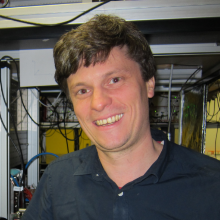
Florian Meinert
- Position
- Group leader, 5th Institute of Physics, University of Stuttgart
- Fields of Expertise
- Experimental Physics – ultracold quantum gases, quantum optics, quantum simulation, atomic physics, and many-body physics (Experimental physicist)
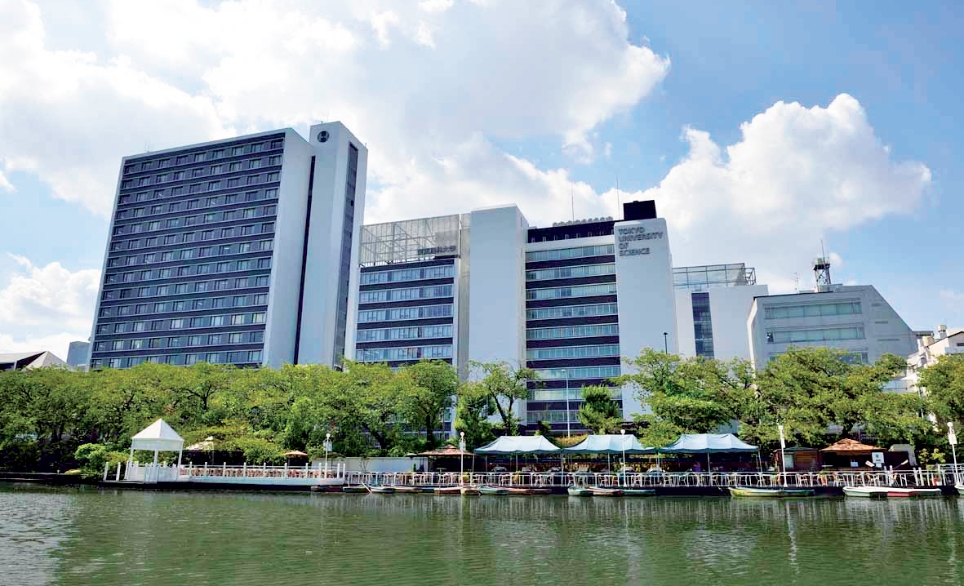
Tokyo University of Science
Tokyo University of Science (TUS) is one of Japan’s leading private science and technology universities, founded in 1881 as the Tokyo Academy of Physics. It was established by 21 young scientists with the aim of advancing science and cultivating skilled researchers and engineers. TUS is known for its rigorous academic environment, with a strong focus on mathematics, physics, chemistry, engineering, and information science. The university has multiple campuses—most notably in Kagurazaka (Tokyo), Katsushika, Noda, and Oshamambe (Hokkaido)—and serves over 30,000 students. TUS promotes cutting-edge research and maintains strong connections with both industry and academic institutions worldwide. It is also one of the few private universities in Japan that prioritizes research at the same level as national universities.
-
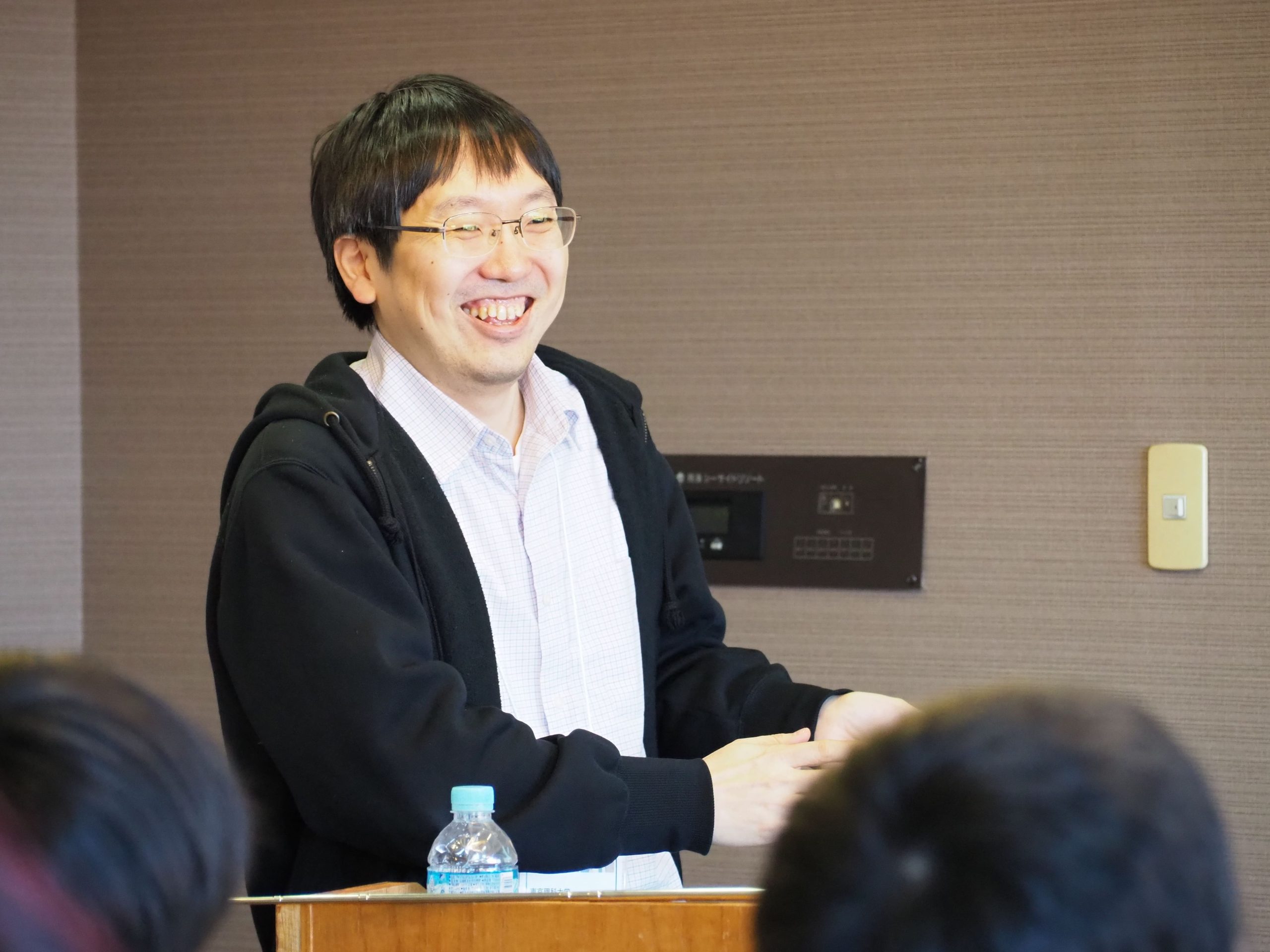
Masaya Kunimi
- Position
- Assistant Professor, Department of Physics, Tokyo University of Science
- Fields of Expertise
- Superfluidity, quantum simulation using cold neutral atoms and Rydberg atoms, nonergodic dynamics in isolated quantum systems (Theoretical physicist)
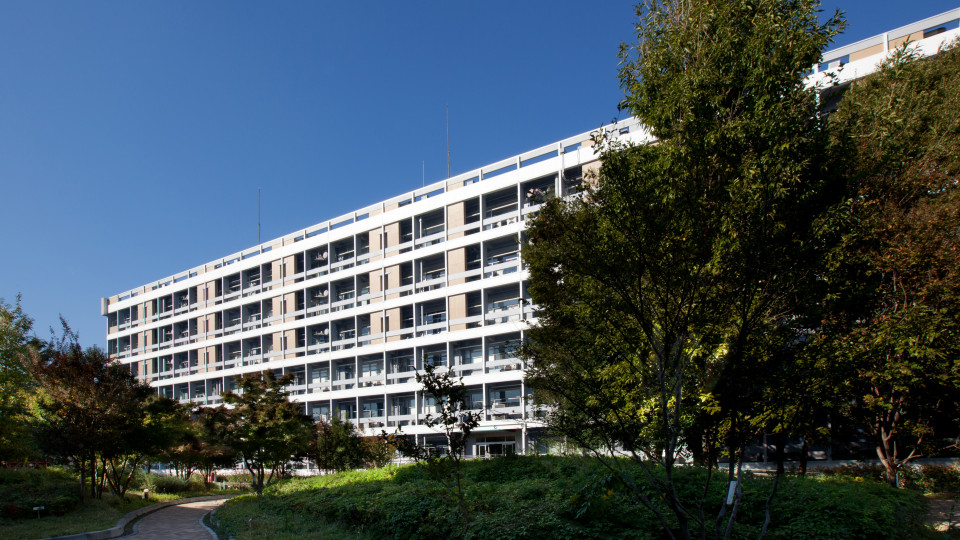
RIKEN Center for Quantum Computing
Institute of Physical and Chemical Research (RIKEN) RIKEN is Japan’s largest and most comprehensive research institution in basic and applied sciences, founded in 1917 by industrialist Eiichi Shibusawa. RIKEN operates cutting-edge facilities such as the K computer and Fugaku supercomputers, as well as the SPring‑8 synchrotron, and embraces a bottom-up innovation strategy that has made it a global scientific leader. International collaboration is a core component—around a quarter of its research staff are non-Japanese
The RIKEN Center for Quantum Computing (RQC) is an internationally unique research organization that develops and owns actual quantum computers based on different approaches, such as the superconducting quantum computer, including the first domestic quantum computer “A”, and the world's first general-purpose optical quantum computing platform.
The RQC develops and improves the performance of actual quantum computers based on various approaches such as superconductivity, optics, semiconductors, and cold atoms. While integrating cutting-edge physical science, information science, computer science, optics, and electronics technologies, the RQC expands the range of computational possibilities to solve social issues and promotes research to establish next-generation quantum computer technologies.
-
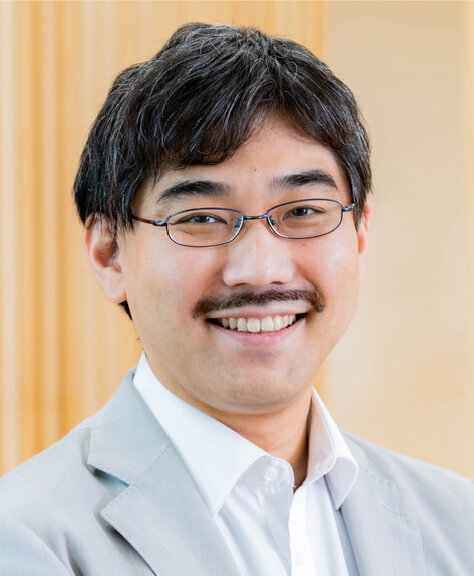
Takeshi Fukuhara
- Position
- Team Director, Quantum Many-Body Dynamics Research Team,RIKEN Center for Quantum Computing / Professor (non‑tenure‑track), Faculty of Science and Engineering, Waseda University
- Fields of Expertise
- Magnetism, strongly correlated systems, superconductivity, quantum simulation in optical lattices with ultracold atoms (Experimental physicist)
-
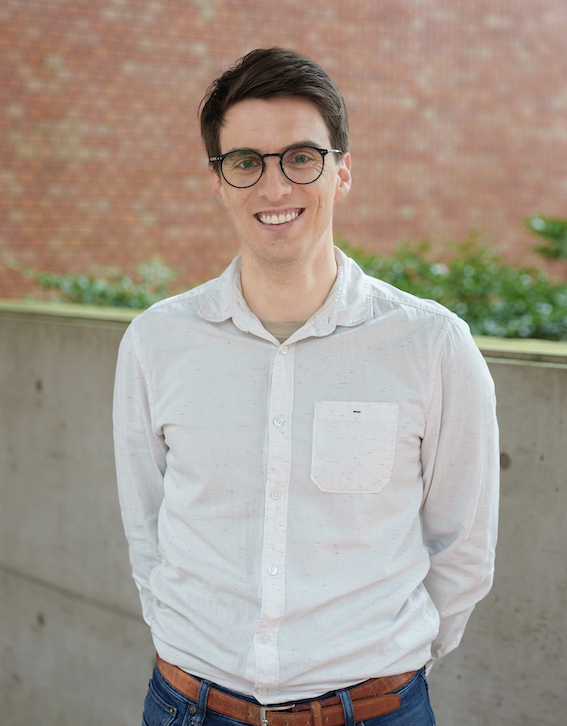
Sylvain de Léséleuc
- Position
- eam Director, Cold-Atom Quantum System Research Team, RIKEN Quantum Computing Development Center / Research Associate Professor, Department of Molecular Science, IMS
- Fields of Expertise
- Quantum simulation with ultracold Rydberg atoms, development of neutral-atom quantum computers, laser manipulation of single atoms (Experimental physicist)
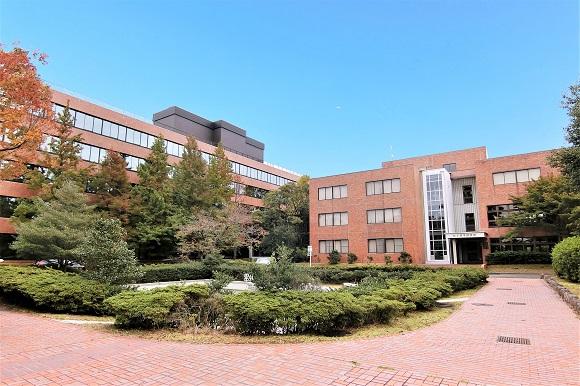
Institute for Molecular Science
The Institute for Molecular Science (IMS), established in 1975 in Okazaki, Japan, is a leading research institution in the field of molecular science. It focuses on understanding the structure, reactions, and functions of molecules, aiming to elucidate phenomena related to materials and life sciences. IMS has research areas in theoretical and computational science, light, materials, and life/complex systems, and provides advanced research facilities and collaboration opportunities. As part of the National Institutes of Natural Sciences (NINS), it fosters international research and contributes to the advancement of molecular science.
-
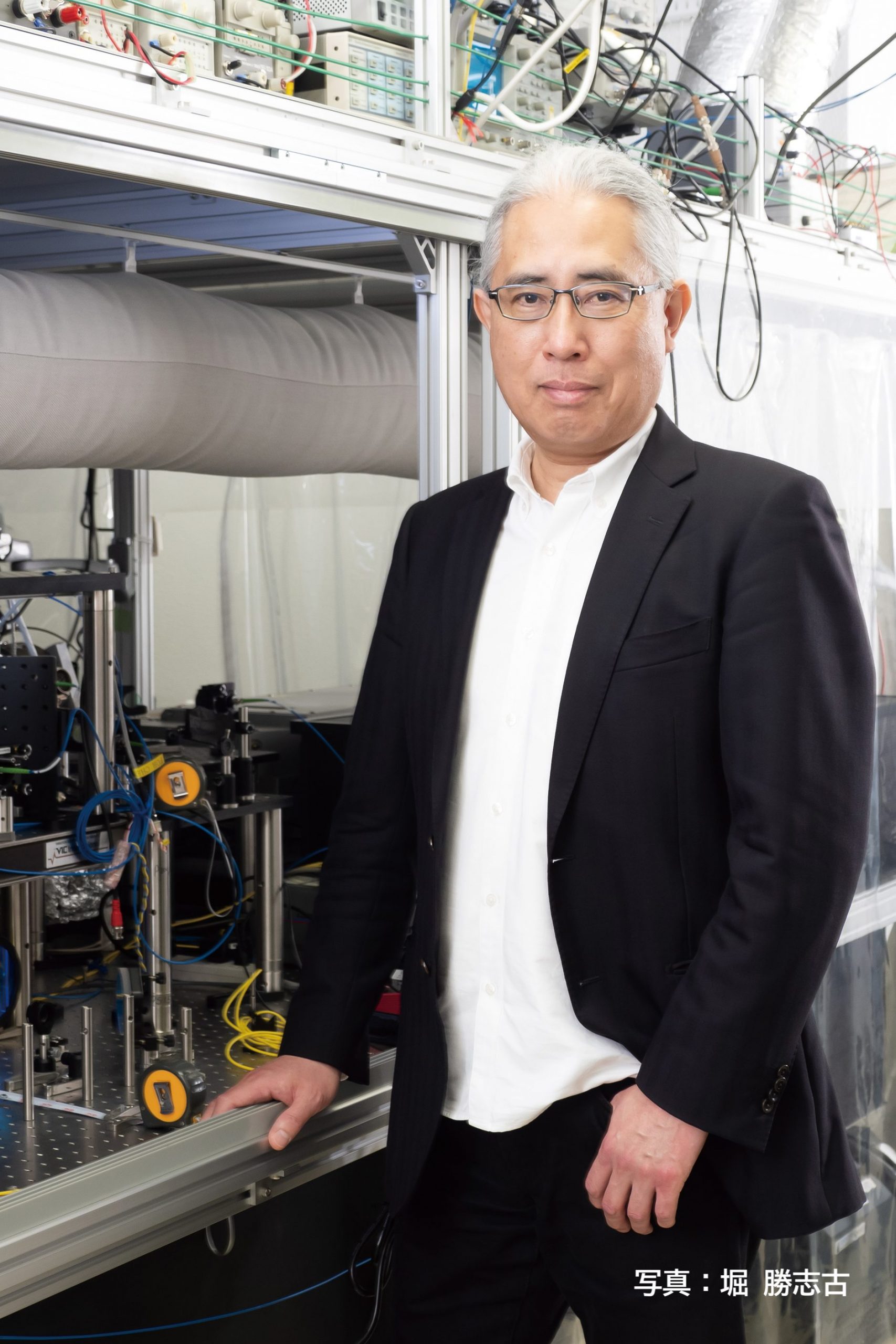
Kenji Ohmori
- Position
- Professor/Chairman, Department of Molecular Science, Institute for Molecular Science, National Institutes of Natural Sciences
- Fields of Expertise
- Quantum simulation, ultracold Rydberg atoms, quantum computing development, exploring the quantum-classical boundary (Experimental physicist)
-
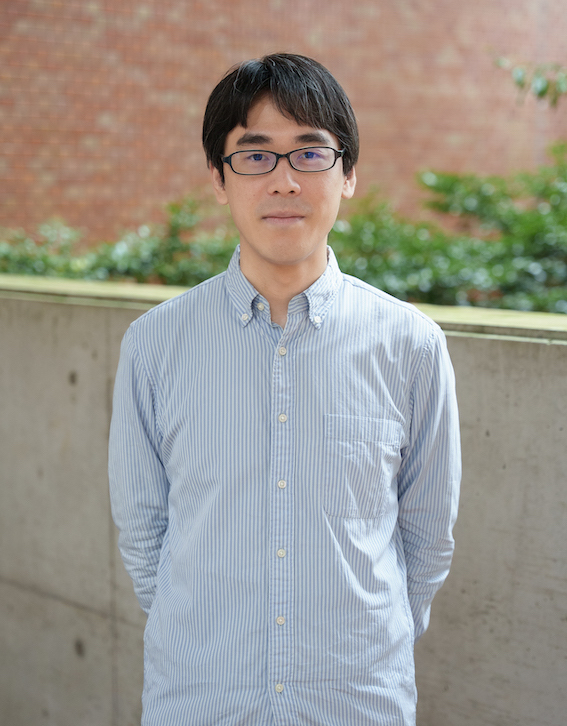
Takafumi Tomita
- Position
- Assistant Professor, Department of Molecular Science, Institute for Molecular Science,National Institutes of Natural Sciences
- Fields of Expertise
- Quantum simulation with ultracold atoms, quantum control, open quantum many-body systems (Experimental physicist)
-

Sylvain de Léséleuc
- Position
- Research Associate Professor, Department of Molecular Science, Institute for Molecular Science,National Institutes of Natural Sciences/Team Director, Cold-Atom Quantum System Research Team, RIKEN Quantum Computing Development Center
- Fields of Expertise
- Quantum simulation with ultracold Rydberg atoms, development of neutral-atom quantum computers, laser manipulation of single atoms(Experimental physicist)
.png)
Kindai University
Kindai University, located in Higashi-Osaka, Osaka Prefecture, is one of Japan’s leading private comprehensive universities. Based on its core principles of “practical learning” and “character development,” the university offers 15 faculties across the humanities and sciences, and is especially known for its advanced research in fields such as fisheries, medicine, and engineering. With six campuses nationwide, it actively promotes industry-academia collaboration and international exchange, consistently ranking among the top private universities in applicant numbers.
-
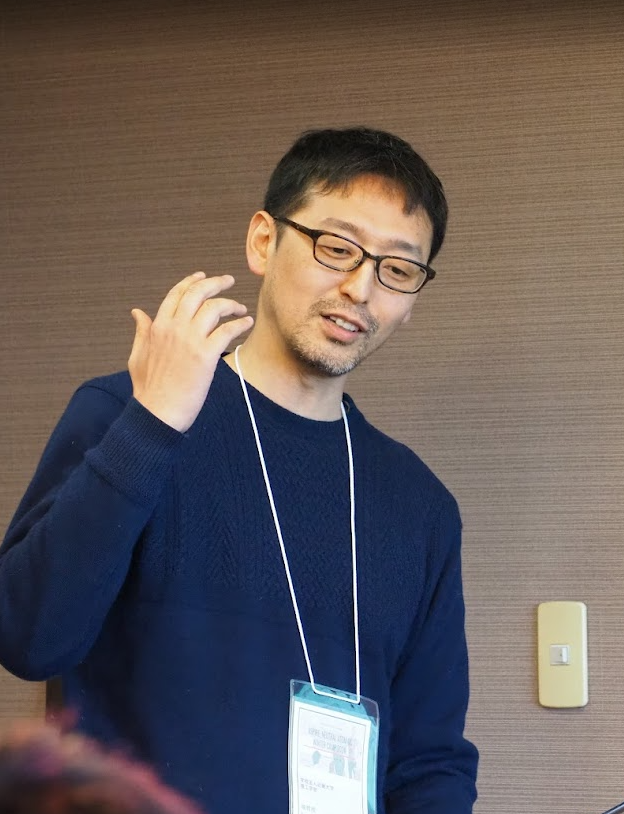
Ippei Danshita
- Position
- Professor, Department of Physics, Faculty of Science, Kindai University
- Fields of Expertise
- Quantum many-body theory, atomic physics theory, and quantum control theory (Theoretical physicist)
.png)
Kyoto University
Kyoto University, located in Kyoto City, is one of Japan’s most prestigious national institutions of higher education. Renowned for its liberal academic ethos and strong commitment to research excellence, the university has produced a significant number of Nobel Prize laureates. Its reputation for academic distinction continues to attract a diverse body of students and researchers from across Japan and around the world.
-
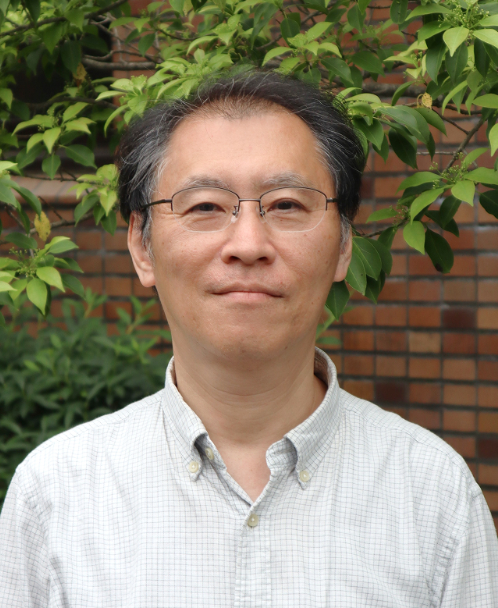
Yoshihiro Takahashi
- Position
- Professor, Department of Physics, Kyoto University
- Fields of Expertise
- Laser-cooled Ytterbium atoms, quantum simulation with ultracold atoms, optical lattice physics, quantum optics, topological quantum phenomena. (Experimental physicist)
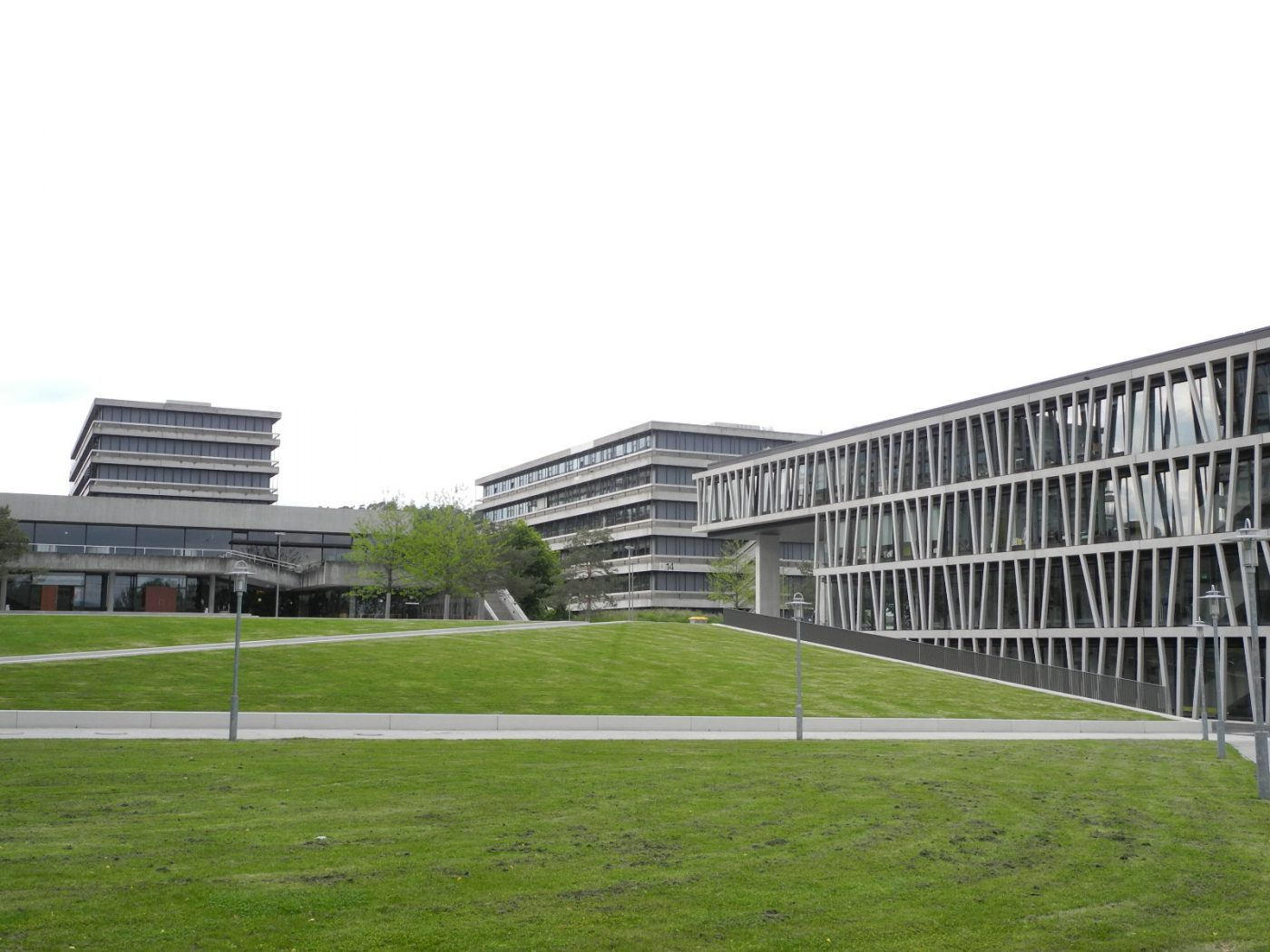
Eberhard Karls Universität Tübingen
The University of Tübingen, officially known as Eberhard Karls University of Tübingen, is one of Germany's oldest and most prestigious public research universities, founded in 1477. Located in the city of Tübingen, it is recognized for its excellence in a wide range of fields including the humanities, natural sciences, medicine, and artificial intelligence. The university is internationally renowned, welcomes thousands of students from around the world, and is one of Germany's eleven 'Excellence Universities'.
-
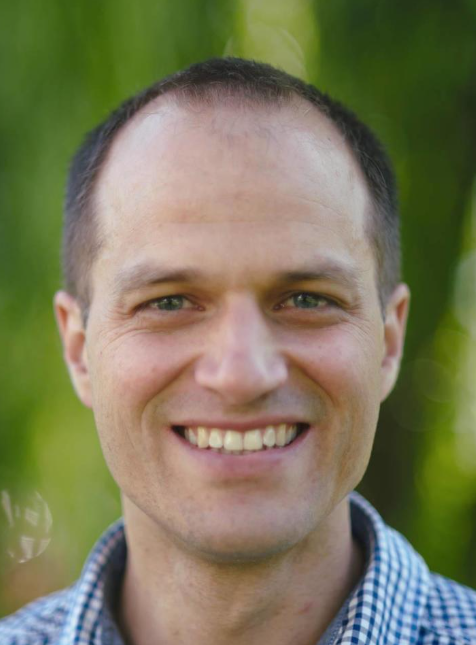
Christian Groß
- Position
- Professor, Institute of Physics ,University of Tübingen
- Fields of Expertise
- Atomic physics, quantum simulation and computation, ultracold atoms, experimental many-body physics, Rydberg atoms (Experimental physicist)
-
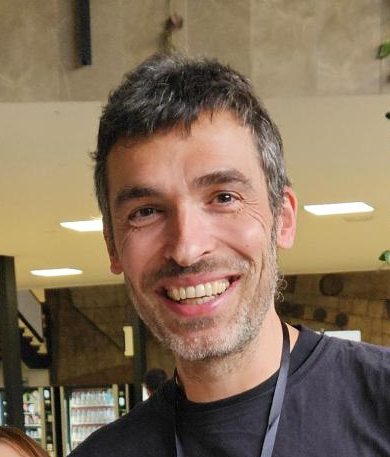
Igor Lesanovsky
- Position
- Professor, Institute for Theoretical Physics, University of Tübingen
- Fields of Expertise
- Many-body theory, atomic physics, open quantum systems, quantum optics, Rydberg atoms, quantum simulation (Theoretical physicist)
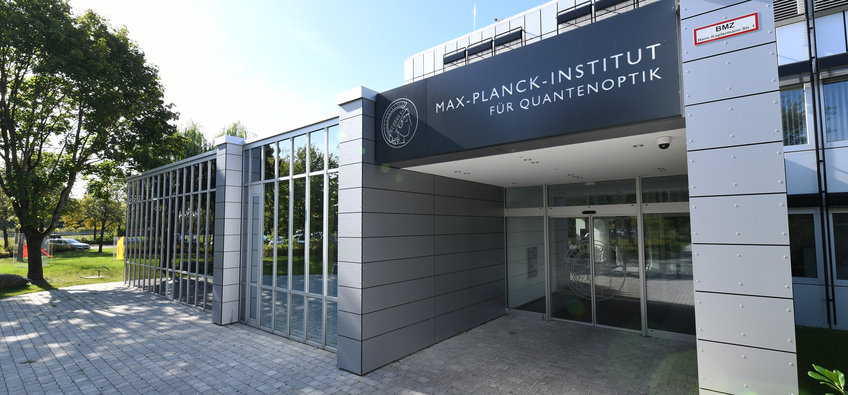
Max Planck Institute of Quantum Optics
The Max Planck Institute of Quantum Optics (MPQ), established in 1981 in Garching, Germany, is part of the Max Planck Society. It focuses on the interaction of light and matter at the quantum level, with research spanning ultrafast laser physics, quantum dynamics, quantum many-body systems, and quantum information theory. MPQ collaborates with major universities like Ludwig Maximilian University of Munich (LMU) Munich and Technical University of Munich (TUM) and is at the forefront of developing quantum technologies, including quantum computing and communication.
-
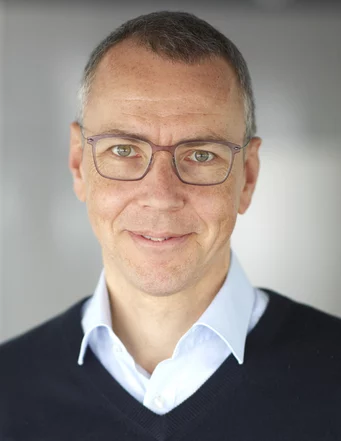
Immanuel Bloch
- Position
- Professor/Director, Max Planck Institute of Quantum Optics, Garching; Professor of Experimental Physics, Ludwig-Maximilians University Munich
- Fields of Expertise
- Quantum Optics, Quantum Many-Body Systems, Quantum Simulation, Ultracold Atomic and Molecular Gases (Experimental physicist)
-
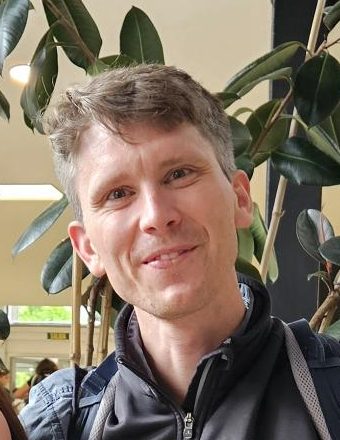
Johannes Zeiher
- Position
- Group Leader, Max Planck Institute of Quantum Optics, Assistant Professor, Ludwig Maximilians University Munich
- Fields of Expertise
- Quantum Many-Body Systems, Quantum Simulation, Ultracold Atomic Gases, Non-equilibrium Physics (Experimental physicist)
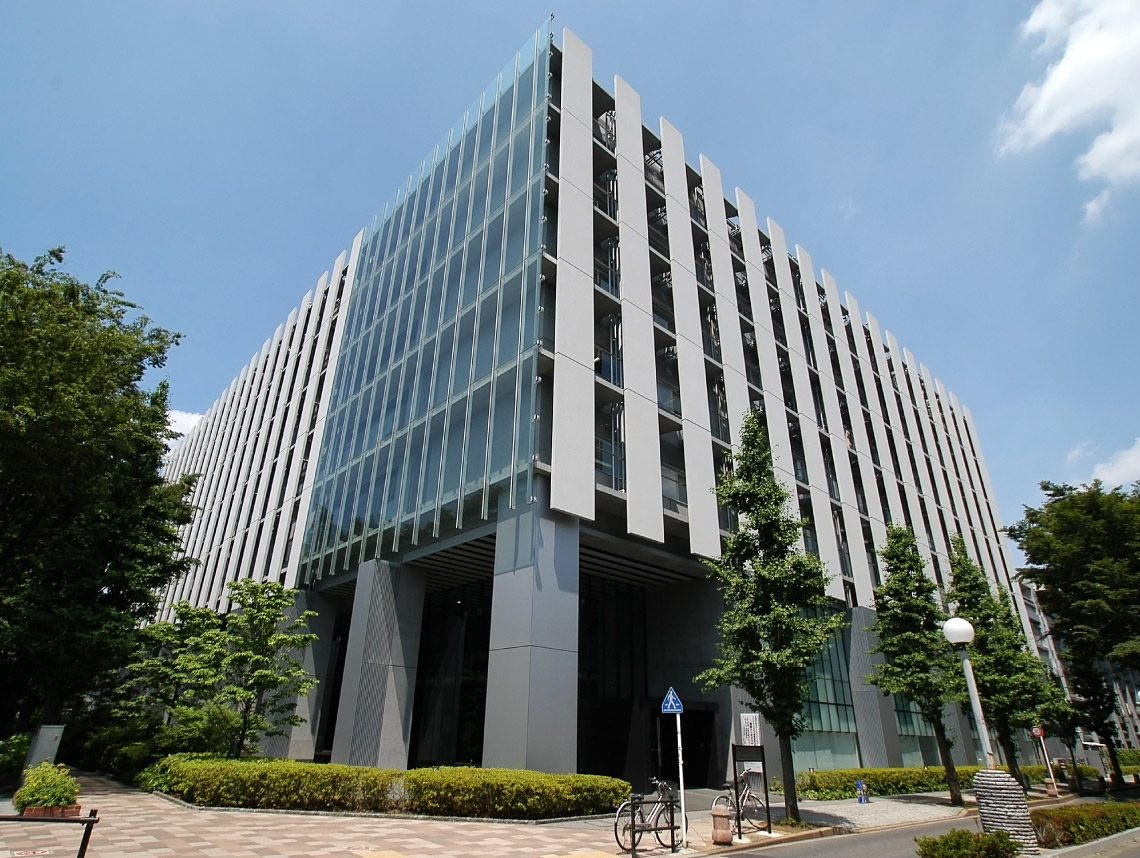
Waseda University
Waseda University, founded on October 21, 1882 by Shigenobu Ōkuma, is a private research university based in the Shinjuku district of Tokyo. It has grown into one of Japan’s most prestigious institutions, with 13 undergraduate schools, 23 graduate schools, and over 50,000 students, including approximately 4,800 international students representing around 100 countries.The university is known for its guiding principles—“academic independence, practical application, and enlightened citizenship”—and is selected under Japan’s Top Global University Project. Waseda consistently ranks among the top private universities in Japan, currently placed #196 in the QS World University Rankings 2026. It offers vibrant campus life across multiple campuses in Tokyo and beyond, with strong emphasis on global engagement, English-language programs, scholarship opportunities, and research partnerships.
-

Takeshi Fukuhara
- Position
- Professor (non‑tenure‑track), Faculty of Science and Engineering, Waseda University/Team Director, Quantum Many-Body Dynamics Research Team, RIKEN Center for Quantum Computing
- Fields of Expertise
- agnetism, strongly correlated systems, superconductivity, quantum simulation in optical lattices with ultracold atoms (Experimental physicist)
Project Outline
Quantum Synergy :
Japan and Germany
Advancing Neutral Atom QC
Quantum computing stands at the forefront of transformative technologies, and among its various platforms, neutral-atom systems are rapidly emerging as a leading candidate for scalability and high-fidelity entanglement.
In this Japan–Germany joint project, supported by JST and DFG through a matching fund framework called ASPIRE, top researchers from both countries form a consortium to develop neutral-atom quantum computing. The project not only aims to accelerate scientific breakthroughs through collaboration between theory and experiment, but also to build a long-lasting international research network.
By placing young researchers at the heart of the initiative, we promote active exchange, foster next-generation leaders, and lay the foundation for a sustainable and globally competitive quantum ecosystem.
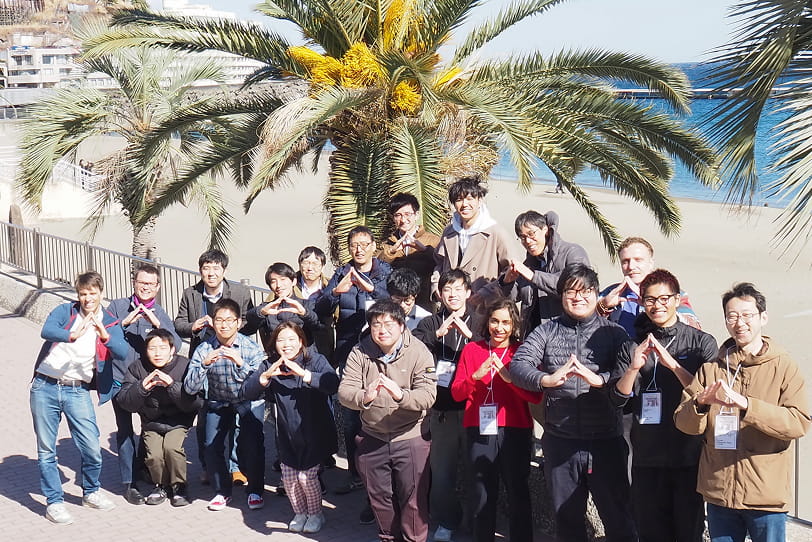
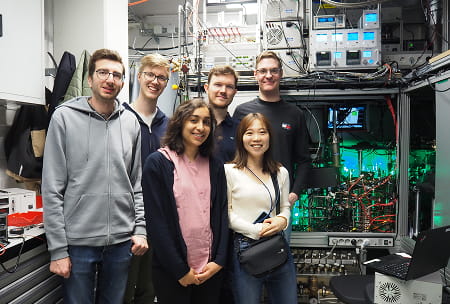
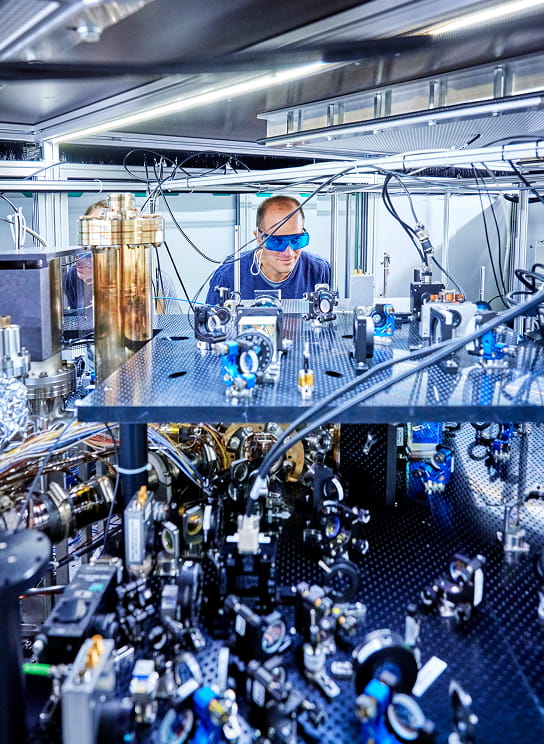
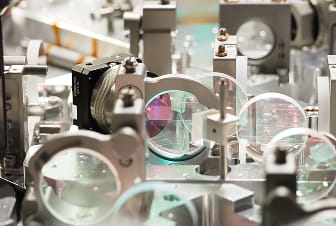


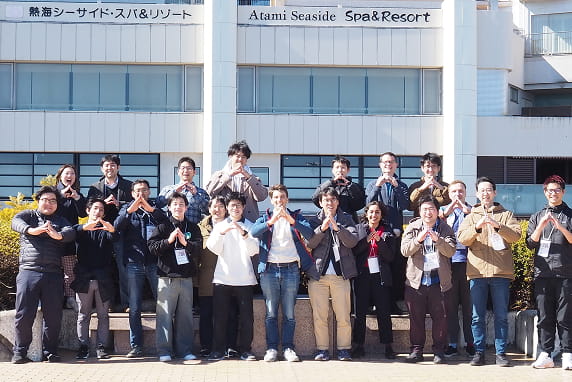

The Purpose of
The
Project
-
Promoting exchange between young German and Japanese researchers

-
Sharing advanced knowledge in quantum science and technology

-
Providing a forum for discussions on the possibilities of international research collaboration

-
Strengthening cooperation and networking between project participants



